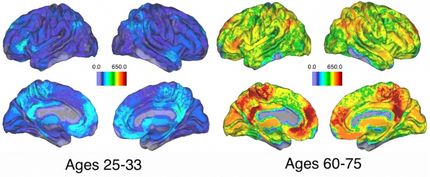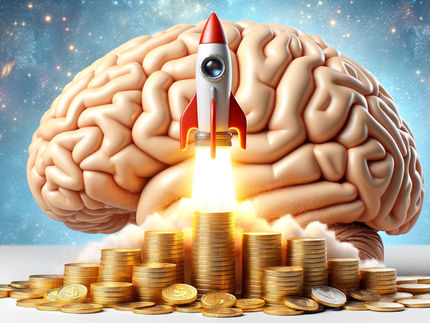Sugar linked to memory problems in adolescent rats
Sugar consumption led to memory problems and brain inflammation
Studying rats as model subjects, scientists found that adolescents were at an increased risk of suffering negative health effects from sugar-sweetened beverage consumption.
Adolescent rats that freely consumed large quantities of liquid solutions containing sugar or high-fructose corn syrup (HFCS) in concentrations comparable to popular sugar-sweetened beverages experienced memory problems and brain inflammation, and became pre-diabetic, according to a new study from USC. Neither adult rats fed the sugary drinks nor adolescent rats who did not consume sugar had the same issues.
"The brain is especially vulnerable to dietary influences during critical periods of development, like adolescence," said Scott Kanoski, corresponding author of the study and an assistant professor at the USC Dornsife College of Letters, Arts and Sciences.
Kanoski collaborated with USC's Ted Hsu, Vaibhav Konanur, Lilly Taing, Ryan Usui, Brandon Kayser, and Michael Goran. Their study, which tested a total of 76 rats, was published online by the journal Hippocampus on Sept. 23.
About 35 to 40 percent of the rats' caloric intake was from sugar or HFCS. For comparason, added sugars make up about 17 percent of the total caloric intake of teens in the U.S. on average, according to the CDC.
The rats were then tested in mazes that probe their spatial memory ability. Adolescent rats that had consumed the sugary beverages, particularly HFCS, performed worse on the test than any other group – which may be the result of the neuroinflammation detected in the hippocampus, Kanoski said.
The hippocampus is a part of the temporal lobe located deep within the brain that controls memory formation. People with Alzheimer's Disease and other dementias often suffer damage to the hippocampus.
"Consuming a diet high in added sugars not only can lead to weight gain and metabolic disturbances, but can also negatively impact our neural functioning and cognitive ability." Kanoski said. Next, Kanoski and his team plant to see how different monosaccharides (simple sugars) and HFCS affect the brain.
Most read news
Topics
Organizations
Other news from the department science

Get the life science industry in your inbox
By submitting this form you agree that LUMITOS AG will send you the newsletter(s) selected above by email. Your data will not be passed on to third parties. Your data will be stored and processed in accordance with our data protection regulations. LUMITOS may contact you by email for the purpose of advertising or market and opinion surveys. You can revoke your consent at any time without giving reasons to LUMITOS AG, Ernst-Augustin-Str. 2, 12489 Berlin, Germany or by e-mail at revoke@lumitos.com with effect for the future. In addition, each email contains a link to unsubscribe from the corresponding newsletter.






















































